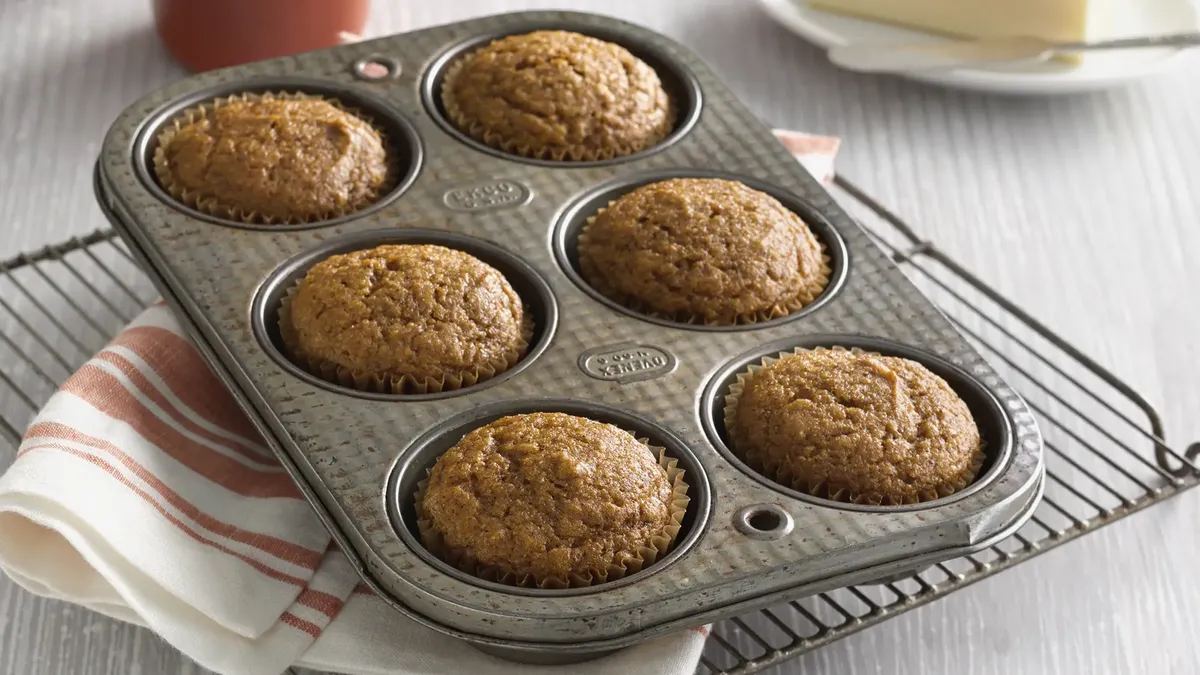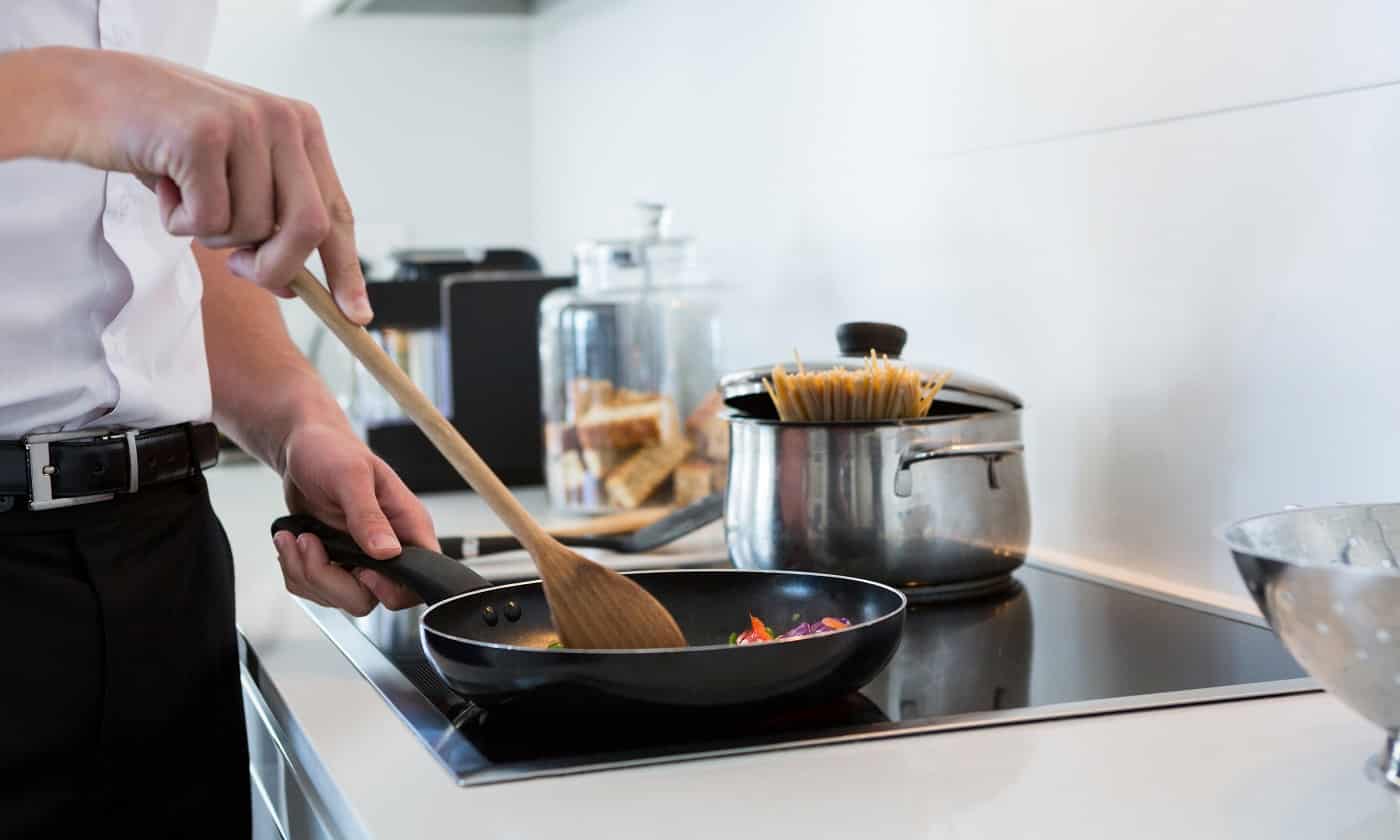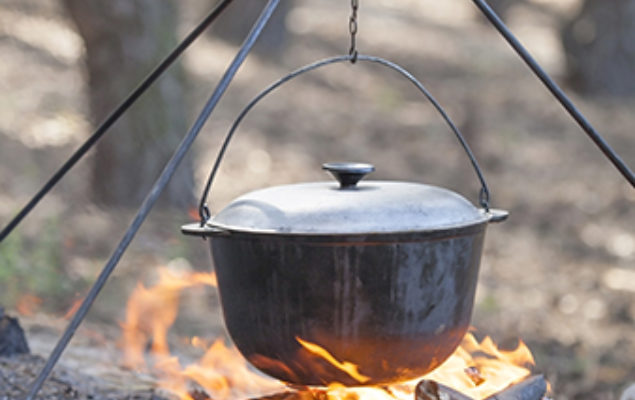For kitchen professionals, the question of how often to season cast iron bakeware is more than just a matter of routine maintenance; it's about ensuring the longevity and performance of a crucial tool in culinary arts. Understanding the intricacies of seasoning can mean the difference between a perfectly baked dish and a sticking disaster.

The Importance of Seasoning Cast Iron Bakeware
Seasoning is the process of applying a protective layer of oil to the surface of your cast iron bakeware, creating a natural, non-stick coating. This not only helps in achieving perfect bakes but also protects the bakeware from rust and wear. For professionals who rely on precision and consistency, maintaining this seasoning is paramount.
What Happens When You Don't Season Your Bakeware?
Neglecting to season your cast iron bakeware can lead to a host of problems. Without a proper seasoning layer, food can stick, leading to uneven cooking and potentially ruining your dishes. Moreover, unseasoned cast iron is prone to rust, which can compromise the integrity of the bakeware and introduce unwanted flavors to your food.
How Often Should You Season Your Cast Iron Bakeware?
The frequency of seasoning largely depends on how often you use your bakeware and the types of food you prepare. As a rule of thumb, for regularly used bakeware, seasoning every 2 to 3 months is advisable. However, if you frequently bake acidic foods like tomatoes or citrus, which can strip away the seasoning, more frequent applications may be necessary.
Signs That Your Bakeware Needs Seasoning
There are a few telltale signs that indicate it's time to re-season your bakeware. If you notice food starting to stick more than usual, or if the surface appears dull instead of shiny, it's a good indication that the seasoning has worn off. Additionally, if you spot any rust, that's a clear sign that the protective layer needs replenishing.
Steps to Properly Season Your Cast Iron Bakeware
Seasoning your bakeware is a straightforward process. First, clean your bakeware thoroughly with warm water and a mild soap, drying it completely. Apply a thin layer of oil (such as vegetable or flaxseed oil) to the entire surface, including the exterior. Place the bakeware upside down in an oven preheated to 375F (190C) and let it bake for about an hour. This allows the oil to polymerize, forming a durable, non-stick layer.
Best Oils for Seasoning
Choosing the right oil is crucial for effective seasoning. While any cooking oil can technically be used, those with a high smoke point, such as canola, vegetable, or grapeseed oil, tend to work best. For a more durable layer, flaxseed oil is often recommended because it dries into a hard, protective coating.
For more detailed guidance on choosing the right oil, check out our Best Oils for Seasoning Cast Iron Pans.
Maintaining Your Seasoned Bakeware
Proper maintenance goes hand-in-hand with seasoning. Avoid using harsh detergents or metal scouring pads, which can strip away the seasoning. Instead, opt for gentle cleaning methods using a soft sponge or brush. After washing, ensure the bakeware is completely dry to prevent rust.
For cleaning tips, visit our guide on Deep Cleaning Cast Iron Muffin Pan.
Storing Your Cast Iron Bakeware
Storage is another critical aspect of maintaining your bakeware's seasoning. Store it in a dry place, preferably with a paper towel inside to absorb any residual moisture. Proper storage prevents rust and prolongs the life of your seasoning.
Explore our Storage Tips for Cast Iron Muffin Pans for more insights.

FAQs
1. Can I use soap on my cast iron bakeware?
Yes, using mild soap in moderation is fine, especially if you're planning to re-season the bakeware afterward. Avoid harsh soaps as they can strip the seasoning.
2. What should I do if I see rust on my bakeware?
If rust appears, scrub the area with a non-abrasive pad, rinse, dry thoroughly, and re-season the bakeware to restore its protective layer.
3. Is it necessary to season new cast iron bakeware?
Most new cast iron bakeware comes pre-seasoned, but it's often beneficial to add an additional layer of seasoning before the first use to enhance its non-stick properties.
For a comprehensive understanding of seasoning and maintenance, visit Epicurious.
This article contains affiliate links. We may earn a commission at no extra cost to you.






Leave a comment
This site is protected by hCaptcha and the hCaptcha Privacy Policy and Terms of Service apply.